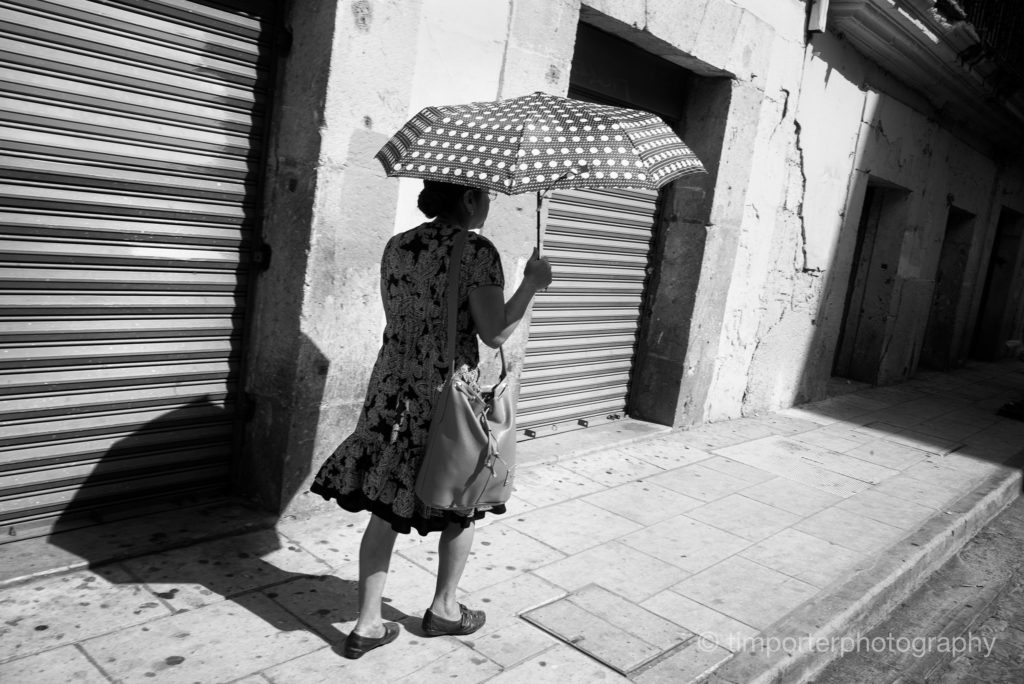
“We all end up belonging to the same category, that of the non-young.”
— Julian Barnes, A Sense of an Ending
I put off reading A Sense of an Ending for long time. It was hidden deep in the guilt pile, the stack of unread books that stares accusingly at me from the bedside table. I feared the book would be about death and aging and slipping away, another depressing pre-exit confessional. I have plenty of own darker demons and saw no reason to engage with those of others. I need no help to slink into my personal nether regions.
Then came Covid. Housebound and forced to choose between a lockdown of doom-scrolling on Twitter or reducing the number of titles on the guilt pile, I began reading. I started with the hesitancy of a toddler tiptoeing into the sea for the first time and chose books based on page count, the fewer the better. A Sense of an Ending made the list early on because Barnes told his tale in only 163 pages.
It is not an overstatement to say the book, coming as it did during a string of novels by Cormac McCarthy, Ann Patchett and Margaret Atwood, revived my fascination with good writing, which years of page-skimming, post-liking and tweet-commenting had blunted. Moreover, I found the lion-in-winter wonderings of the principal character to not be depressing, but rather inspirational, even heroic. They contained the elusive truthfulness we seek during our younger years, answers replies to those fundamental queries: Who am I? Why am I here? – and the big one – What is the meaning of life? These answers present themselves more easily in the later years, especially if we maintain our attention (easier said than done because truth is an unsparing mirror).
You may be panting for the answers – what IS the meaning of life? – but this is not a pop quiz. Your exam and mine are different. My answers are not yours. I can tell you this, though: I didn’t ask the right questions, so what I learned is not what I asked.
Were I Barnes – oh, to write with the satiny fluidity he does – I would change the title to this: A Sense of Arrival. Even Barnes hints at the logic of this change, saying through his principal character: “You get toward the end of life – no, not life itself, but of something else: the end of any likelihood of change in that life.” You arrive at something else.
Aging is like walking on scree. To gain firm footing requires effort, what is underfoot is unstable, and a fall is going to hurt. On days when I am well-grounded, upright and steady of gait, I am taken with this sensation, that of arriving, that I’ve gotten somewhere else – perhaps surprisingly, certainly unintentionally, maybe even inevitably (because each of us is the result of the circumstances of our lives, those we chose as well as those forced upon us by genetics, society or economics).
That is not to say I know my current location. I am like Alice, who in her wanderings through Wonderland encounters the Cheshire Cat, who, grinningly, responds to her request for directions by telling her that any road serves a traveler who has no destination, because eventually she will arrive somewhere. Without ever having passed through the looking glass, I meandered through life, guided as much by randomness as anything else. Like Alice, I eventually reached something else.
Were Dickens to author my biography, it would be titled Lesser Expectations. During my formative years – a phrase that makes me smile, as if I were putty in a factory of gnomish potters — I envisioned little for myself, and certainly nothing of imagined importance. I did not foresee great education, great wealth or great recognition. I can report with certainty from the future of that young man that I fulfilled all I foresaw: I left the university sans degree or intellectual discipline; I enter the later days of my life irreparably indebted; and a careful hand could scribble my roster of achievements on a Post-It. The beauty of low expectations is that they are easily met. By that standard, I am a success.
Neither huzzahs nor tears greet my arrival. I dock at an empty pier, pass through a vast immigration hall, hear the chunk of a metal stamp on my passport, and see on the thick paper inky evidence of my continued existence: I am here, I am free to wander about some more.
In this liberation, there is comfort. I travel in this “something else” unhampered by baggage – the striving to be more, the yearning for approbation, the flinch against opprobrium. Less fettered, I am lighter of foot and fuller of heart. I carry only the knowledge that to arrive is not necessarily to end.
